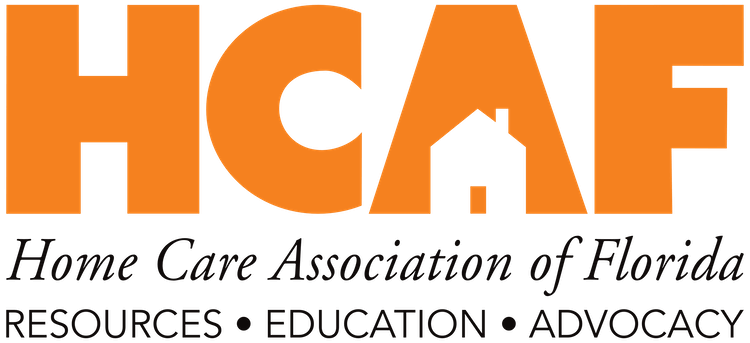New Florida Laws Enhance Alzheimer’s and Dementia Training, Patient Safety Measures

New Florida Laws Enhance Alzheimer’s and Dementia Training, Patient Safety Measures
On October 1, 2024, two new laws passed during the 2024 Florida Legislative Session went into effect, both of which have implications for home health care providers and the patients they serve.
HB 801: Alzheimer's Disease and Dementia Training for Law Enforcement and Correctional Officers
House Bill 801 mandates that Florida law enforcement and correctional officers receive training on Alzheimer’s disease and related dementias. The Florida Department of Law Enforcement (FDLE), in collaboration with the Department of Elder Affairs (DOEA), will develop an online training component to help officers recognize and appropriately respond to individuals with these conditions.
This law is especially relevant to home health providers, as many patients with Alzheimer’s or dementia may encounter law enforcement during emergencies. By improving officer awareness and communication skills, this training can help reduce confusion or distress for patients, leading to better outcomes in urgent situations. Home health providers may consider sharing this development with patients and caregivers, emphasizing the value of such specialized training in promoting patient safety.
HB 341: SAFE Act (Safeguarding American Families Everywhere)
House Bill 341, known as the SAFE Act, introduces a voluntary option for motor vehicle registration applicants in Florida to indicate whether they, or a dependent, have certain medical conditions or disabilities, such as:
- Autism
- Attention Deficit Hyperactivity Disorder (ADHD)
- Down Syndrome
- Alzheimer’s Disease
- Traumatic Brain Injury (TBI)
- Post-Traumatic Stress Disorder (PTSD)
- Diabetes
- Autoimmune Disorders
- Deafness/Blindness
The “SAFE” designation, applied to the individual’s motor vehicle record, provides crucial health information for first responders during emergencies. This can be updated or removed at any time.
For home health care providers, this law offers an opportunity to inform families and caregivers about the benefits of the SAFE designation. Encouraging families to take advantage of this option can enhance emergency response for individuals with these conditions, ensuring that responders are better prepared to offer appropriate care.
Impact on Home Health Care Providers
Both of these laws demonstrate an increased focus on protecting vulnerable populations and improving care coordination. Home health care providers can play an important role by:
- Educating caregivers and families about these new legal options that can benefit patient care and safety.
- Promoting partnerships with law enforcement to improve the quality of interactions with patients who may require specialized care.
- Supporting patients and families in utilizing the SAFE designation to enhance emergency preparedness and response.
